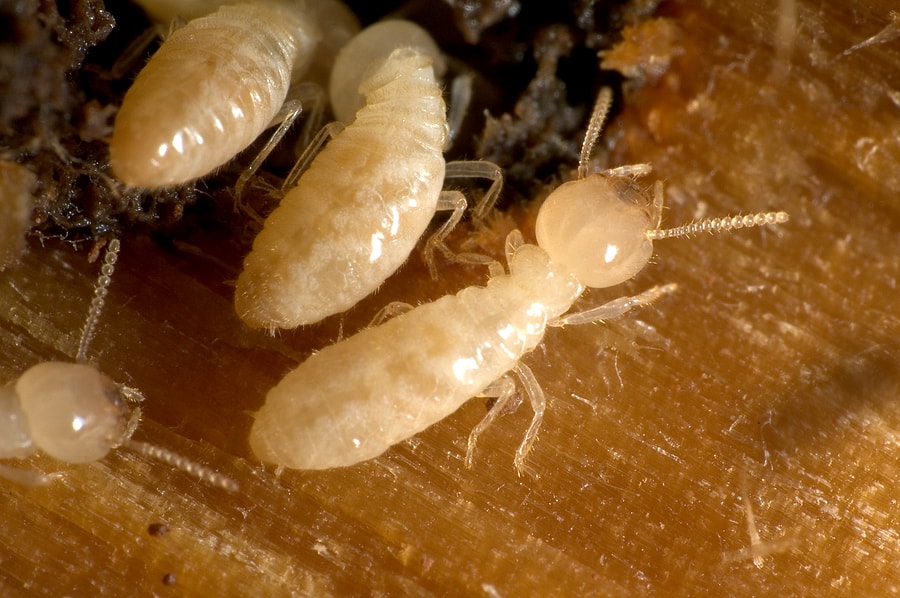READY TO GET STARTED?
REQUEST A FREE ESTIMATE
Fill out the form below or call (888) 466-7849 for a free, no-obligation estimate.

As winter settles in Georgia, many homeowners may breathe a sigh of relief, thinking that pests like termites take a break during the colder months. However, the reality is that termites are resilient creatures, capable of surviving and even thriving in the cold. In this blog post, we’ll explore whether termites are active in winter, how they avoid the cold weather, when termite season hits Georgia, and most importantly, effective ways to prevent termites in winter.
Contrary to popular belief, termites remain active even in the colder months. While they may slow down their activity, they don’t go dormant. Termites are cold-blooded insects, meaning their body temperature is influenced by their environment. In warmer climates like Georgia, termites may continue their destructive habits throughout the year.
Termites are well-adapted to survive harsh conditions. Subterranean termites, one of the most common types in Georgia, create elaborate underground tunnels that provide a stable and temperature-controlled environment. These tunnels help them avoid extreme temperatures, including the cold of winter. Additionally, termites may move deeper into the soil where temperatures are more stable.
Termite season in Georgia typically starts in spring and extends through the early fall. This is when termites are most active and likely to swarm, seeking new locations to establish colonies. However, as mentioned earlier, they remain active throughout the year, making continuous termite control efforts crucial for homeowners.
Don’t wait until termite damage becomes evident. Protect your home by taking proactive measures against termites, especially during the winter months. Request a free termite control quote today and let our experts safeguard your home against these persistent pests. Don’t let termites take advantage of the winter season. Invest in termite prevention now and enjoy peace of mind throughout the year. Contact your local pest control company today and take the first step toward a termite-free home.
Categories